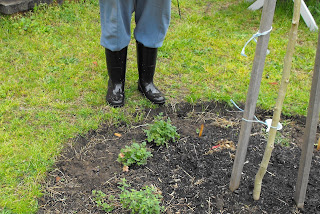 |
| This is the second "Noisy Myna" chick for rescue but NPWS are wrong, it's a Little Wattle bird.The first one, Buddha Bird, is about to join an older one in another carer's aviary and keep learning how to be a NM before being buddied with others to form a new troupe for release |
 |
| Just hatched swallow chicks, eating with the help of a toothpick loaded with an insectivore mix. |
 |
| The "Dream Pot" slow cooker has been a lifesaver |
 |
| Older swallow chicks are eating very well.and often, feed one end and you won't believe the size of what comes out the other, birds are messy critters |












